National Game Parks
Uganda, often referred to as the “Pearl of Africa,” boasts a rich array of national parks teeming with diverse wildlife, breathtaking landscapes, and unique ecosystems. The country has ten national parks, each offering distinct experiences for nature lovers, adventurers and wildlife enthusiasts.
Bwindi Impenetrable National Park
This UNESCO World Heritage Site is home to nearly half of the world’s remaining mountain gorillas. Located in southwestern Uganda, Bwindi’s dense forests provide a sanctuary for gorilla trekking, birdwatching, and nature walks.
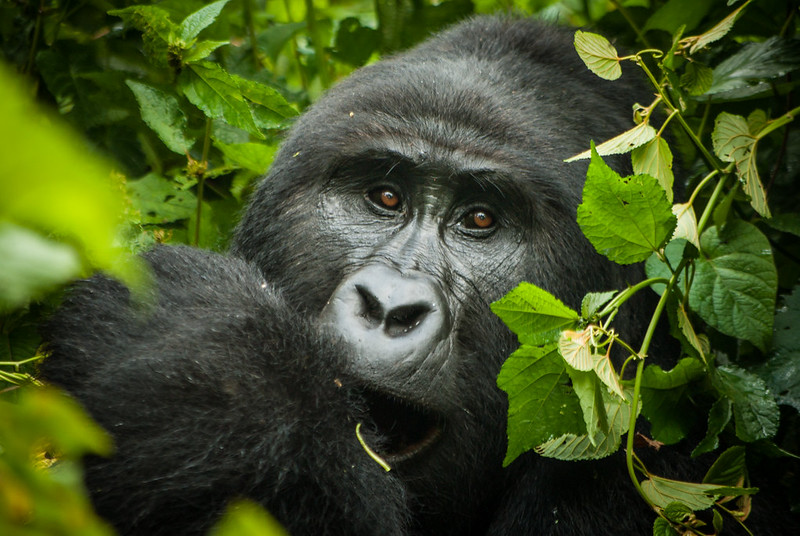
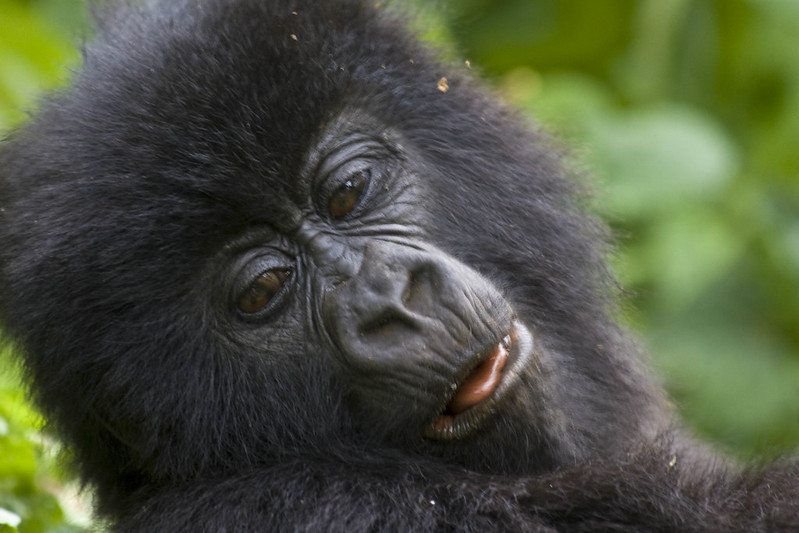
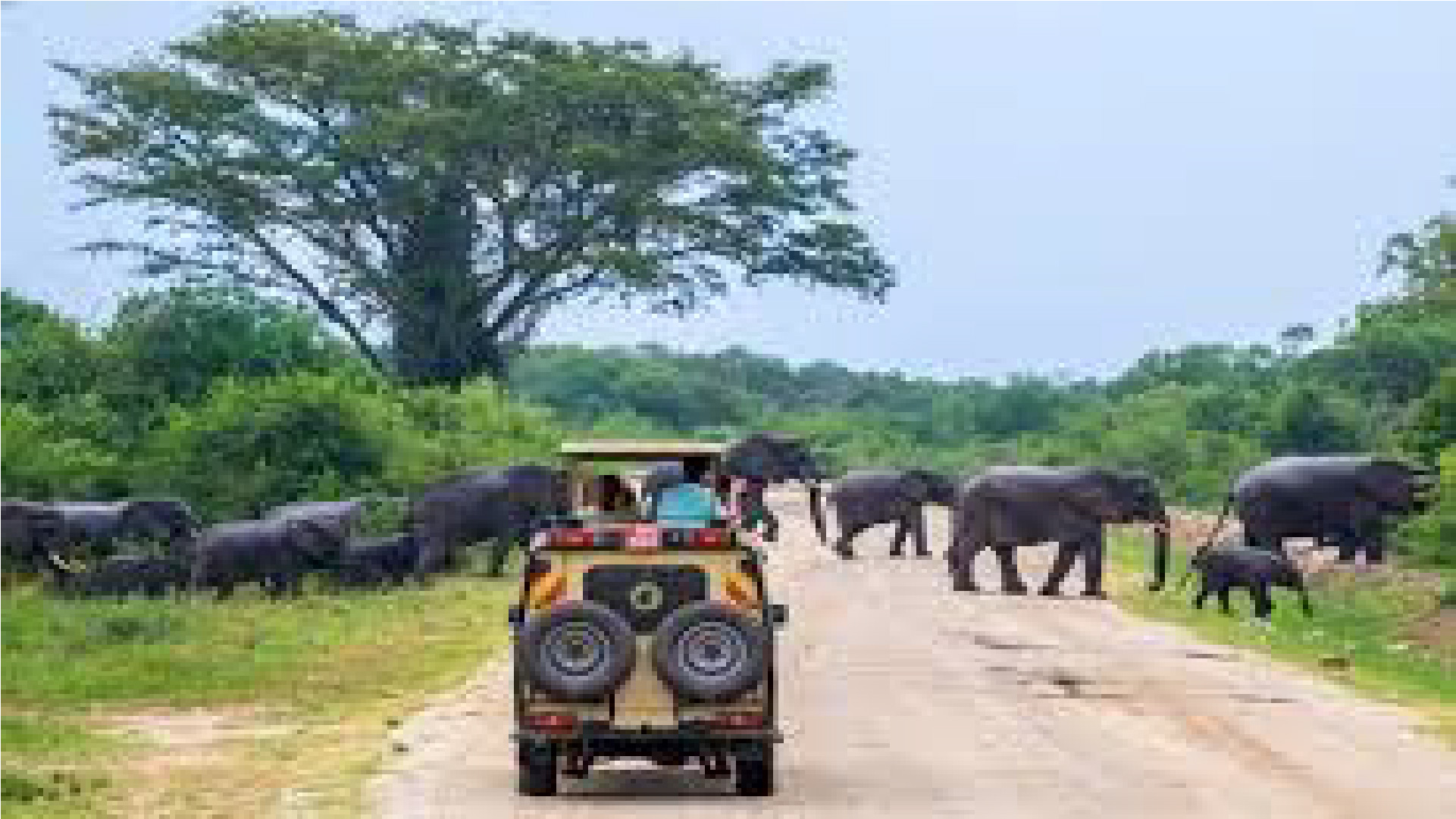
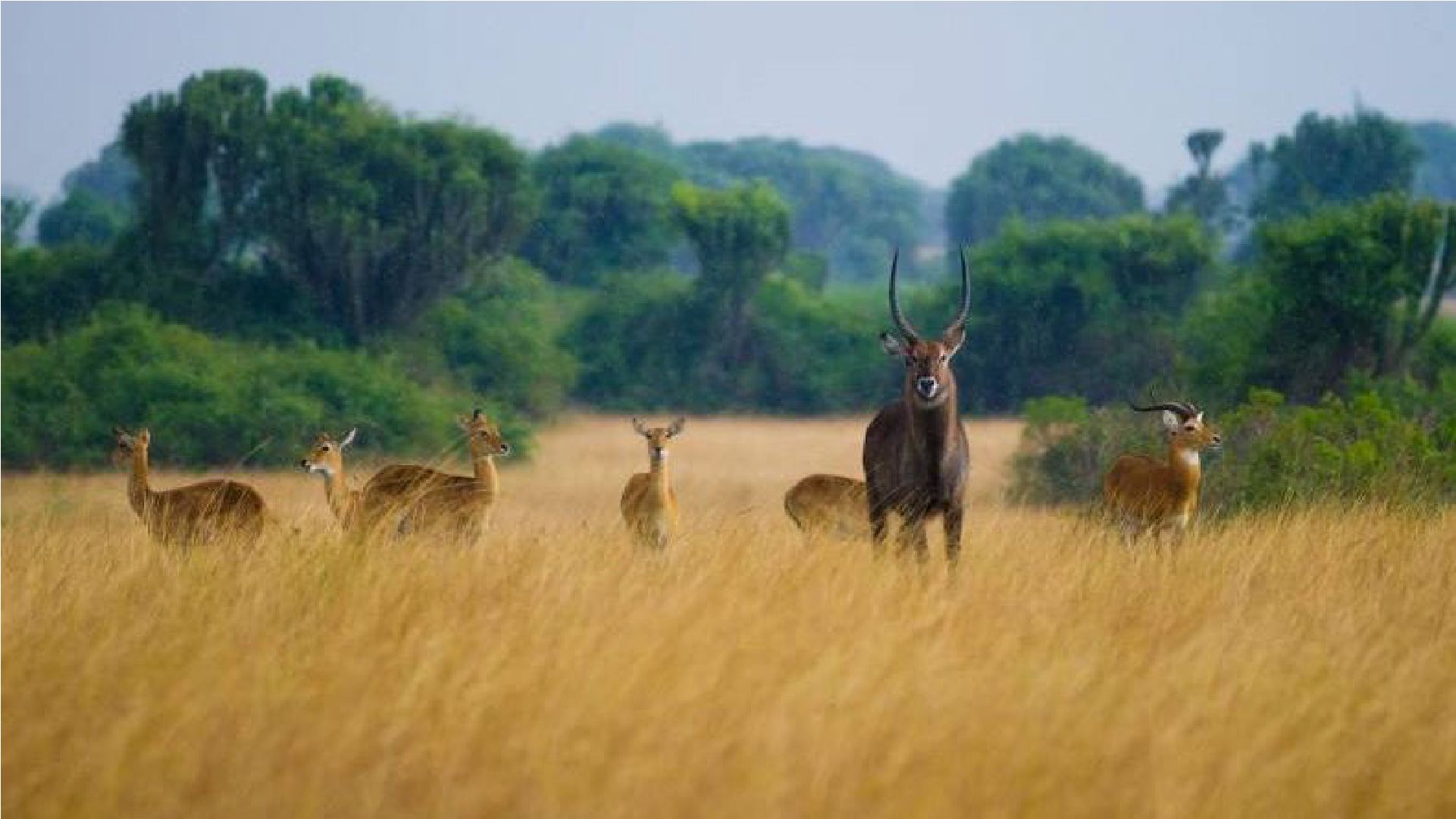
Queen Elizabeth National Park
One of Uganda’s most famous parks, Queen Elizabeth National Park is known for its diverse wildlife, including tree-climbing lions in the Ishasha sector, large elephant herds, and the scenic Kazinga Channel, which is ideal for boat safaris.
Murchison Falls National Park
The largest and oldest national park in Uganda, Murchison Falls is famous for the spectacular waterfall where the Nile River squeezes through a narrow gorge. The park hosts buffaloes, elephants, giraffes, crocodiles, and hippos, among other species.
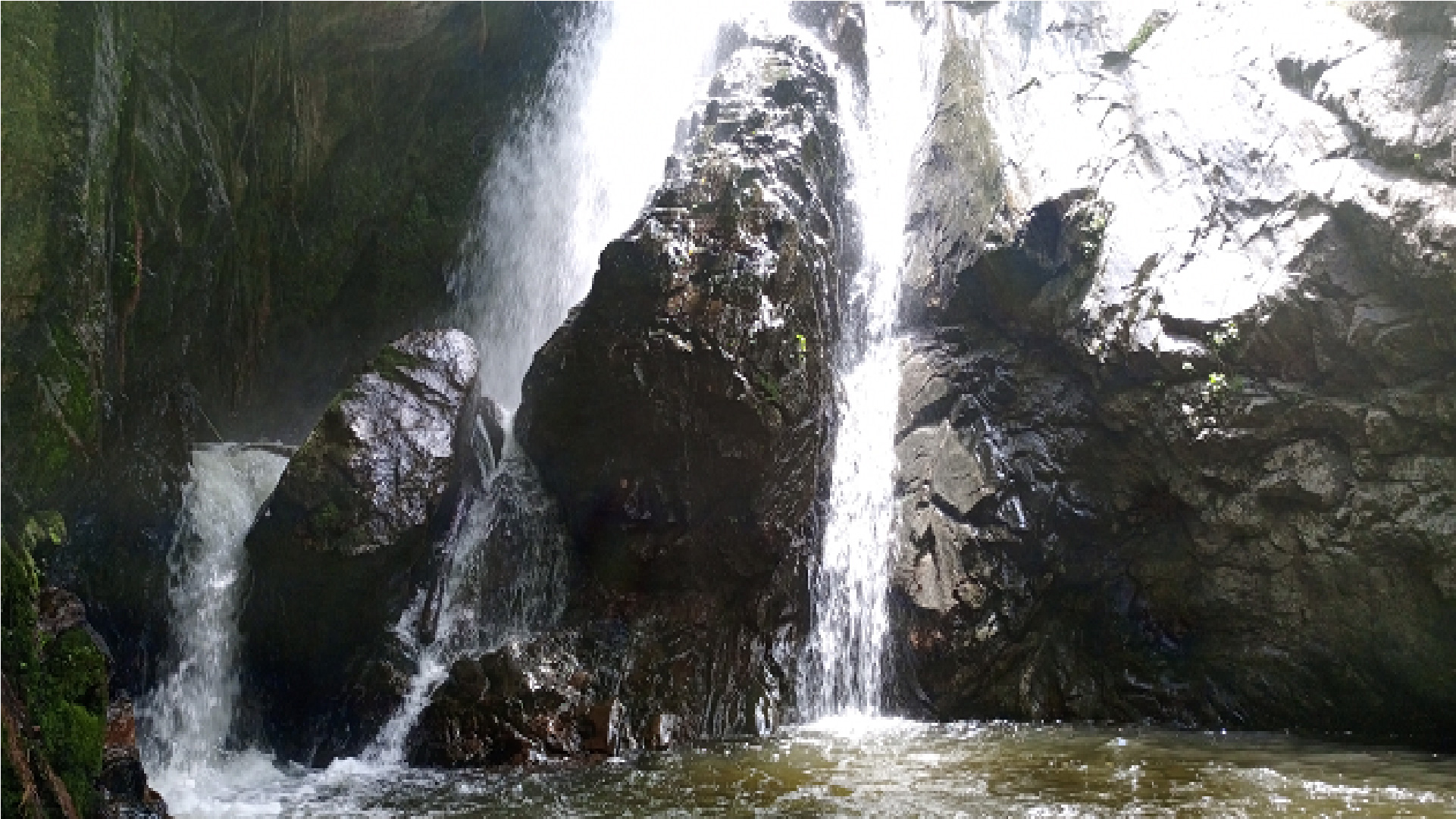


Culture and Heritage
Uganda, known as the “Pearl of Africa,” boasts a rich and diverse cultural heritage shaped by its ethnic groups, traditions, languages, and historical influences. Its vibrant culture reflects the deep-rooted customs and values of over 50 ethnic communities, each contributing unique traditions, music, dance, art, and cuisine to the nation’s identity.
Ethnic Diversity and Languages
Uganda is home to several ethnic groups, including the Baganda (the largest group), Banyankole, Basoga, Bakiga, Iteso, Langi, Acholi, and many others. Each ethnic community has its own customs, dialects, and ways of life. English and Swahili are the official languages, but Luganda is widely spoken, particularly in central Uganda. Other indigenous languages, such as Runyankore, Lusoga, Ateso, and Acholi, are also commonly used.
Traditional Customs and Beliefs
Many Ugandan communities still uphold their traditional customs and social structures. The role of elders in decision-making, storytelling as a way of passing knowledge, and respect for cultural norms are key aspects of Ugandan society. Ancestral worship and spiritual beliefs remain prevalent, often blending with Christianity and Islam, the dominant religions in the country.
Music and Dance
Music and dance are central to Uganda’s culture. Different ethnic groups have their own styles of drumming, singing, and dancing, often performed during ceremonies, festivals, and social gatherings. The Kiganda dance (performed by the Baganda), Bwola dance (by the Acholi), and Ekitaguriro (by the Banyankole) are among the most well-known. Instruments like the adungu (a harp-like instrument), drums, and xylophones are commonly used in traditional music.
Traditional Attire
Traditional dress varies across regions. The Baganda and Basoga wear the gomesi, a brightly coloured, floor-length dress with puffed sleeves for women, while men wear a kanzu, a long white tunic. The Banyankole women wear suuka, while the Karamojong and some northern communities wear beaded and cowhide garments.
Cuisine
Ugandan cuisine is heavily based on local ingredients such as matoke (steamed green bananas), posho (maize porridge), cassava, sweet potatoes, and beans. Meat, fish, and groundnut (peanut) sauce are also common. Rolex (a rolled chapati with eggs) is a popular street food, reflecting a blend of cultural influences.
Heritage Sites and Historical Landmarks
Uganda has several cultural heritage sites that showcase its history and traditions. The Kasubi Tombs (a UNESCO World Heritage Site) in Kampala serve as the burial grounds for Buganda kings. Other important sites include the Bigo Bya Mugenyi earthworks, the Nyero Rock Paintings, and the palace of the Bunyoro Kingdom.
Contemporary Culture and Modern Influences
While traditional culture remains strong, modern influences from globalisation, technology, and urbanisation have shaped Uganda’s contemporary identity. Kampala, the capital city, is a melting pot of cultures, with a vibrant arts, music, and fashion scene blending traditional and modern styles.
Uganda’s rich cultural heritage continues to thrive, balancing deep-rooted traditions with evolving modern influences. Its diverse ethnic groups, languages, music, dance, food, and historical sites contribute to a unique national identity, making Uganda a culturally dynamic and fascinating country.
